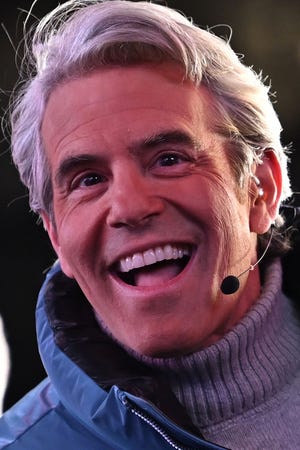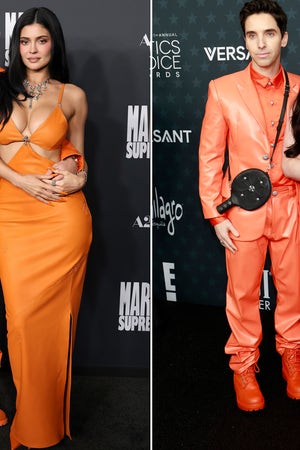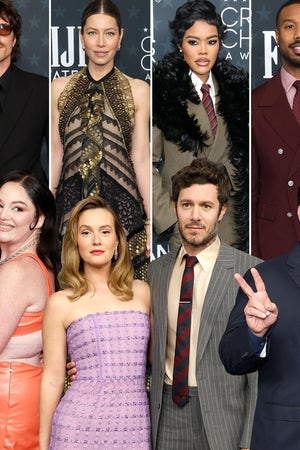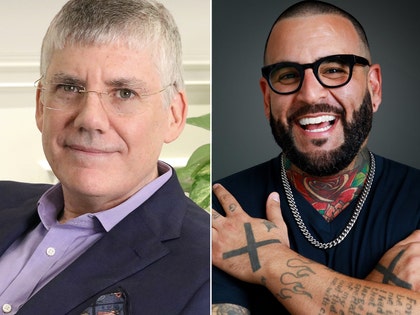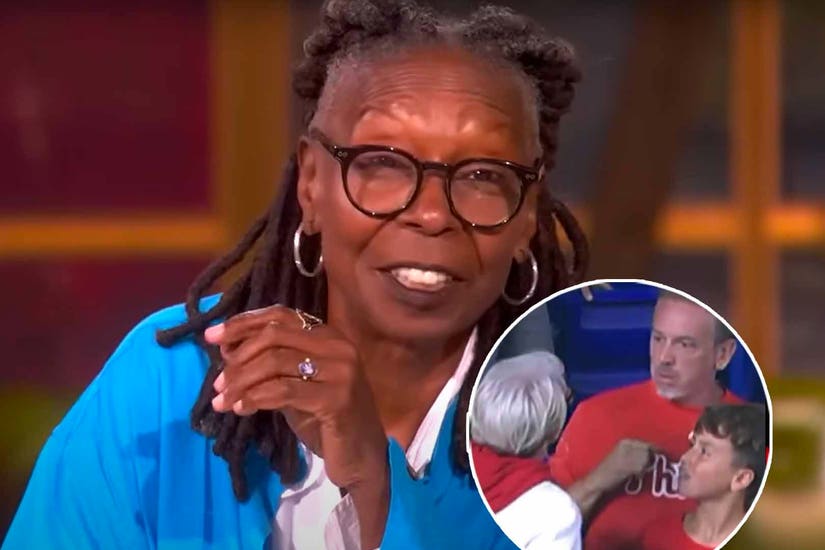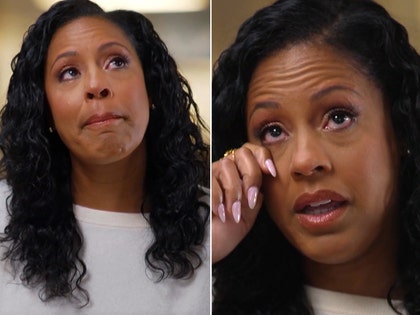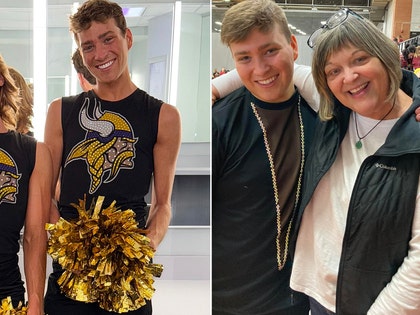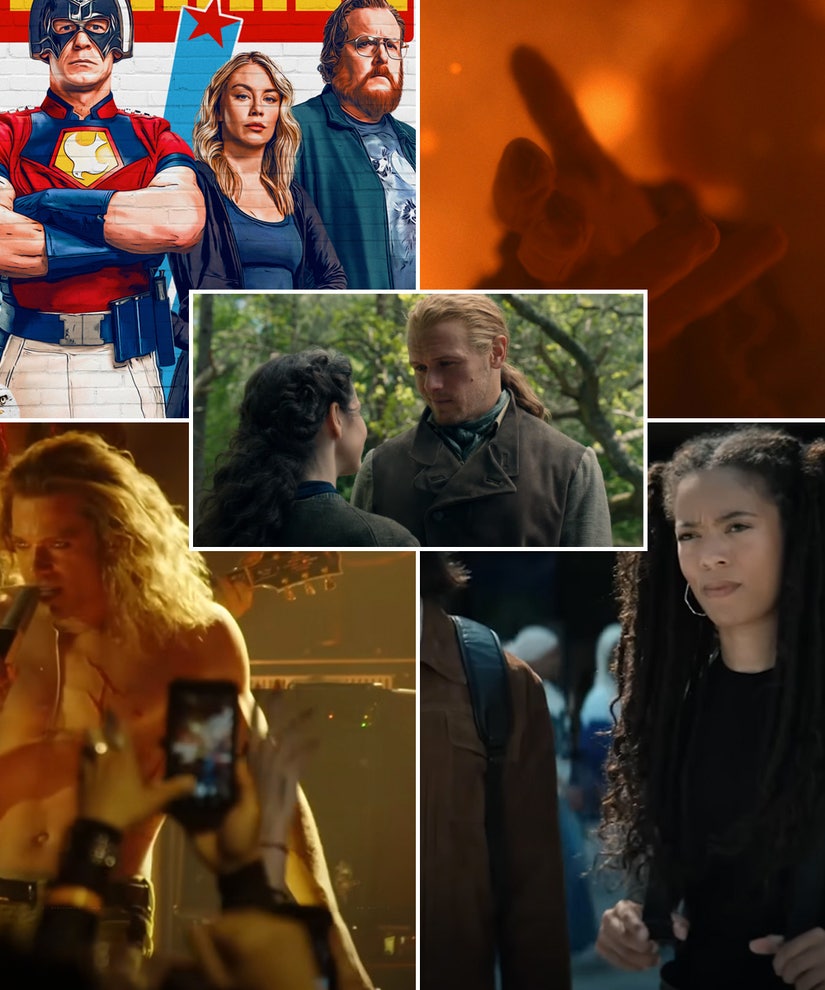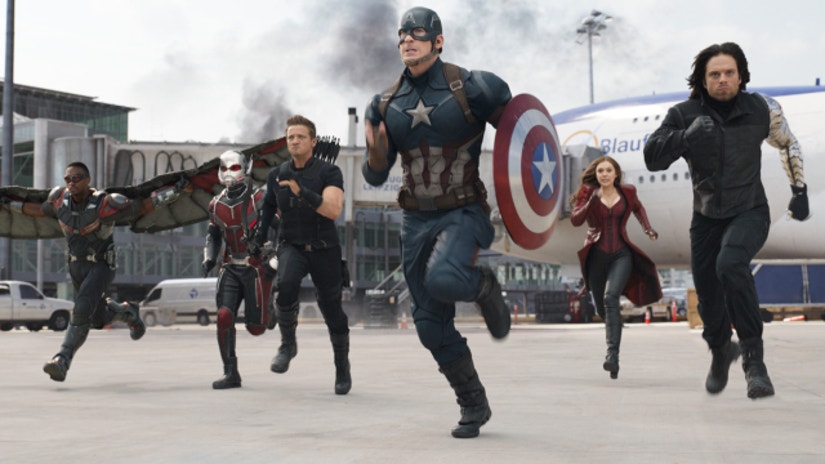
The thirteenth film of the Marvel Cinematic Universe is planning to shake things up for the Avengers in a big way.
"Captain America: Civil War" not only introduces us to new players, in the form of Black Panther and Spider-Man, but it sets up a clear division between some of Earth's mightiest heroes. With Cap and Iron Man facing off over how to keep "enhanced" beings in check, the battles are more brutal than ever -- and this time, they're between the Avengers themselves.
For screenwriters Christopher Markus and Stephen McFeely -- the men behind the two previous "Captain America" films, as well as the upcoming "Infinity War" flicks -- tackling this project was no easy feat. With a character lineup including the aforementioned superheroes, Black Widow, Hawkeye, Rhodey, Ant-Man, Vision, Scarlet Witch, Winter Soldier and Falcon, they had a lot to juggle this time around -- something made even more difficult when it wasn't clear whether Marvel would finalize their deal with Sony in time to include Spider-Man in the film.
Keep reading to see what the writing duo told toofab's Jason Marshall about meeting those challenges head-on -- and find out whether or not there have been any talks to "replace" or "reboot" current Avengers when actors' contracts run out or their characters meet their demise.
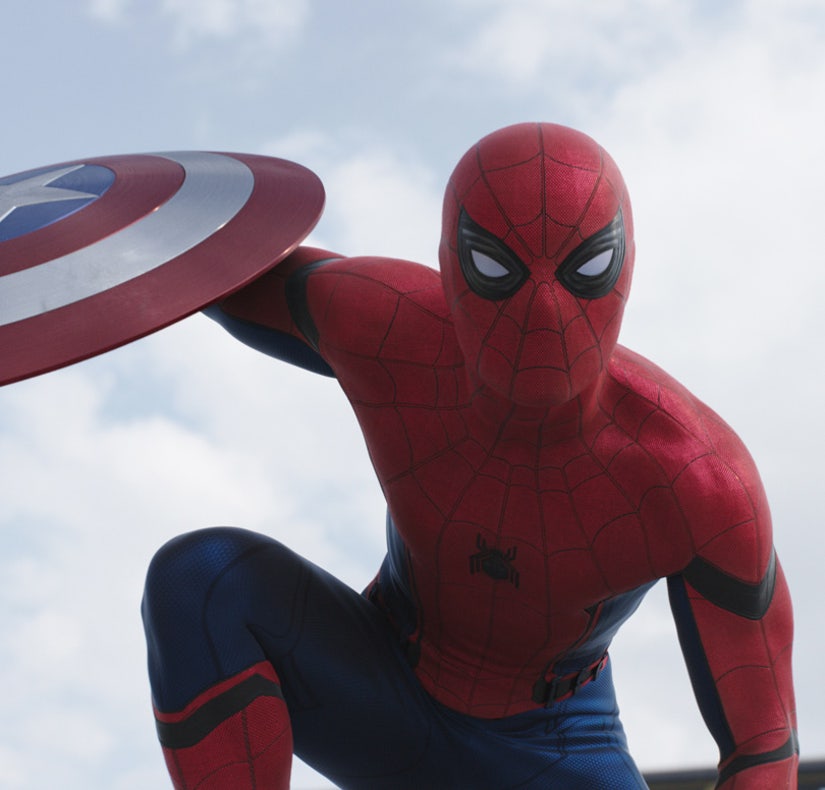 Marvel
Marvel
toofab: We've got Black Panther and Spider-Man this time, but that wasn't always the case, right? How many different times did that change while writing the script? And how do you tackle not knowing who you'll have access to?
Christopher: The process began as trying to conceive just a 'Captain America 3.' Just, what are the threads we've left on the ground from Cap 2 and Cap 1, and where do we want to go with that? Obviously, it was Bucky. We came up with a movie that, if you sort of stripped Civil War out of the movie you saw last night, was the spine of this theoretical Cap 3. But it needed more. Part of it was it needed to really address what Bucky had done.
Plus, Joss [Whedon] had put in that really good wood-chopping scene into "[Avengers: Age of] Ultron" where it's like, "These guys want to hit each other, I think."
Stephen: And then once "Civil War" was what we were gonna do, we ran at it forever, and lots of characters came in and out -- there were days when Spider-Man was gonna be in it, and there were days when, "That's never gonna happen."
And so, we had a recruitment section [in the film] that was a little baggy enough to [have someone say], "I'm gonna go get that guy." "I'm gonna go get that guy." Because one of the challenges is, hopefully everyone has some arc. Some people have bigger ones. Some people have smaller ones. And they all should have an organic one to their role in the story.
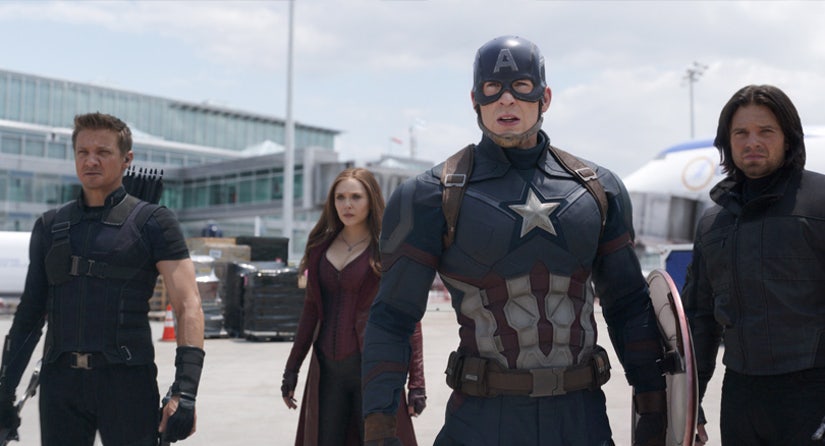 Marvel
Marvel
toofab: How complicated is that, keeping things on track for certain characters? Especially when it comes to Bucky and the ramifications of "Winter Soldier" ...
Stephen: "Civil War" is a result of the other movies. It's not just a thing that was plucked off the shelf, and said, "Oh, this would sell. This would be a good movie." It's, you know, collateral damage from the third acts of all these other movies that should catch up to people. It's Tony going from complete rebel to, sort of, government guy, and Cap going from government guy to rebel, because there are movies in between that have already laid that groundwork.
I'm incredibly proud of the fact that all these other movies have given us this material, so that we can take a pretty big swing and honor, you know, the work of other writers and directors. So my hope is that people who did those other movies go, "Oh, that's exactly where Tony should go!"
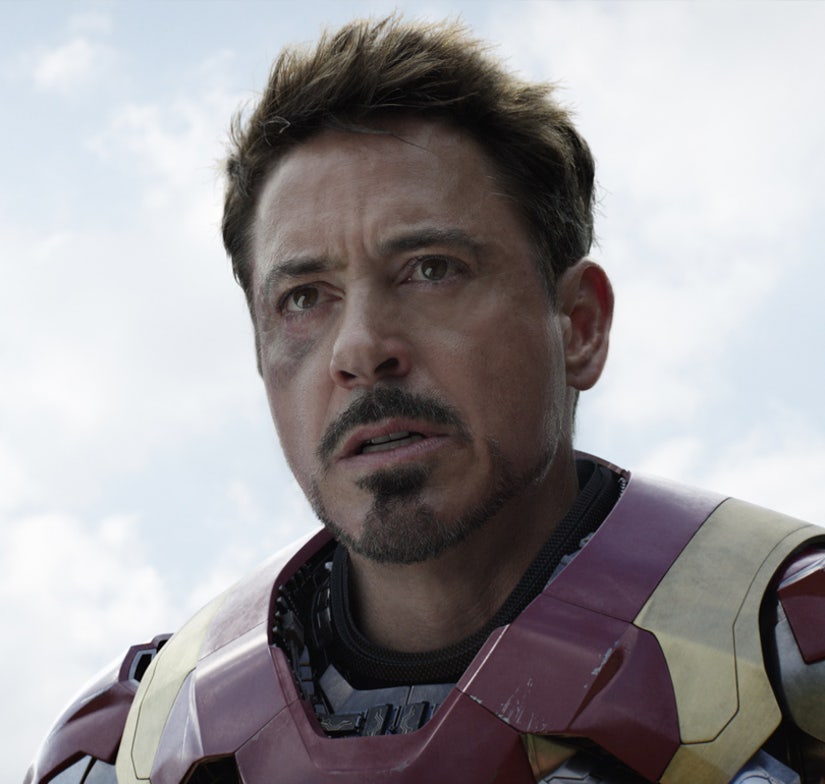 Marvel
Marvel
toofab: What discussions have happened considering other characters, or new ones, taking up the mantles of Avengers? In the comics, we have a female Thor, and both Bucky and Falcon have over the role of Captain America.
Christopher: Just nothing but pie in the sky, you know.
Stephen: Yeah. It's a little early for us. Contracts are such that we're just - we're still working with all the actors, right? So like, all our work is still with people that you know. It's not like they've called CAA and go, "Hey, who's available?"
Christopher: And then the fun thing is that, as these movies go on and get a little more intertwined and more ... as they evolve ... new people are coming in, which doesn't necessarily mean you're eliminating old ones. But it means you can now bring people to the foreground, put other people in the background. And so, it's, it is this organic thing, as opposed to, you know, "The End of an Era," and a new one begins.
Stephen: I don't know what their plan is, [Marvel Studios president] Kevin Feige's plan, but I'd be surprised if you just recast or reboot. Right? I think they are confident enough that, even if some of these characters that you saw in the forefront, you know, in the forefront of movies go away, we've given you one you've seen in two movies, and you're gonna follow him for a couple summers.
Christopher: Yeah, the universe is self-sustaining, hopefully.
"Captain America: Civil War" hits theaters May 6.





